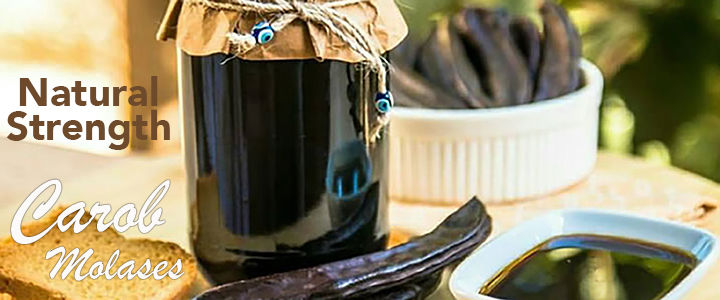English
You have no items in your shopping cart.
Pantry
CORTAS Pomegranate Molasses (No Sugar Added) 430g
Pomegranate molasses is a treacly-rich fruit syrup made from boiled, reduced pomegranate juice. It is used in savoury and sweet dishes alike. It has the sweet-sourness of tamarind, rather than the pure fruit-richness of sultanas and prunes.
$7.99
TAT Popcorn (Patlayan Misir) 1000g
POPCORN; is hot climate cereal and has the most third largest cultivation area in turkey among cereals after wheat and barley. The climate of Turkey for corn is quite suitable, so it is grown on a large area. The grains of the popcorn plant contain a high percentage of starch and unsaturated fatty acids, vitamin a and sterols TAT POPCORN; Popcorn is cleaned in pre-cleaning screens, cleaned in the light grain and destoner machines, cleaned in optical separator precisely, sorted by size, manually controlled and packaged for final cleaning.
$4.49
TAT Dermason Beans (Fasulye) 1000g
Dermason Beans; They are beans of the Karaman and Konya regions and are known for their superior taste and skin-free feature. It is rich in fiber, vegetable protein and minerals.
$5.99
TAT White Beans (Kuru Fasulye) 1000g
Before cooking, keep the products in cold water (10-12 hours), hot water will cause the skins to peel off. Wash it after draining the water. You can use dried beans in appetizers, salads, or make main dishes.
$8.99
PIYALE Semolina (Irmik) 500g
Semolina is the course, purified wheat middling's of durum wheat used in making pasta, breakfast cereals, puddings, and couscous.
$3.49
ONCU Pomegranate Aromatic Sauce 700g
The juice of pomegranates, cooked to a very thick consistency, is called pomegranate molasses. However, the term "molasses" is quite misleading. While its color is similar to molasses made of sugar cane or sugar beets, pomegranate molasses is not a sweetener but a condiment, and as such added to dishes in small amounts. Pomegranate molasses is an important ingredient in Middle Eastern cooking. The Arabic name (dibs rumaan or rub rumaan) and the Farsi name (rob-e-anar) mean "thickened pomegranate juice." The Turkish name "sour pomegranate" (nar ekşisi) best fits what pomegranate molasses is. That being said, the taste of pomegranate molasses is much more sour than sweet, and to some palettes it tastes astringent.
$10.99
.gif)

















































.jpeg)